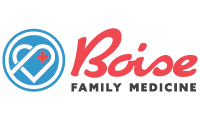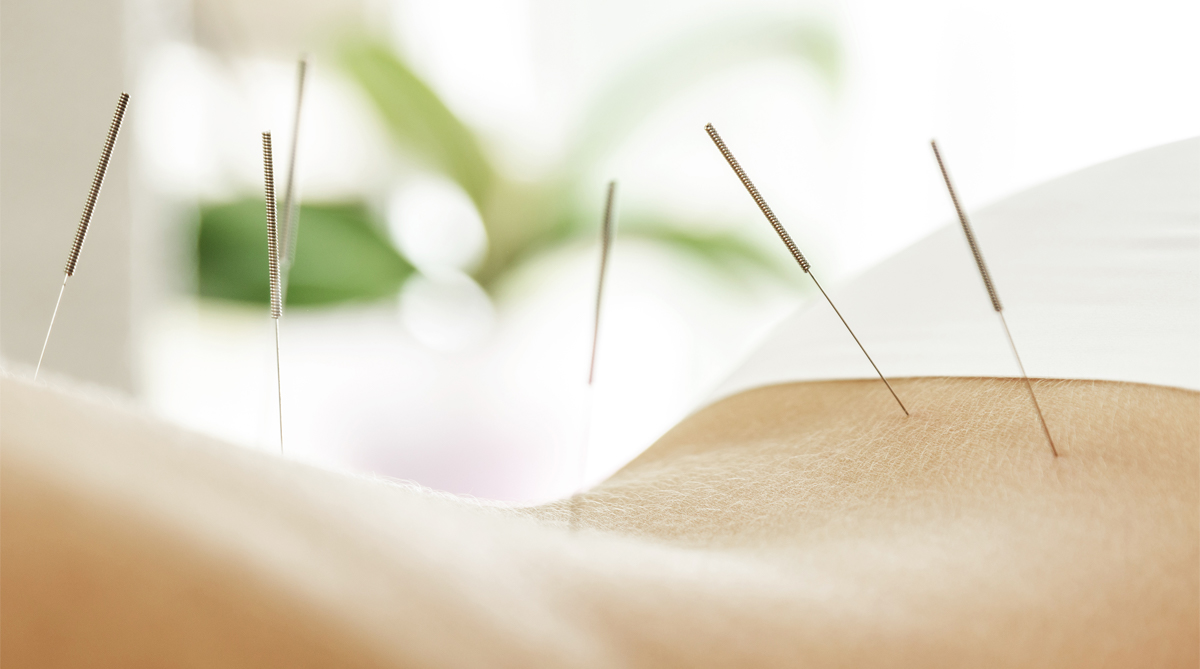
When to See Your Primary Care Provider and When to Go to the ER
Headaches. Stomach upset. Fever. Chest Pain. Broken arm. Unfortunately, life can hit us with health emergencies, urgencies, and inconveniences at all times of the day and night – not just when our primary care provider’s office is open. Do you know when to seek emergency care and when to see your primary care provider?
Remember your ABCs
A. 
B. 
C. 
No, not all of them. Just the first three could save a life. The ABCs of medicine stands for Airway, Breathing, and Circulation, and problems with any of these usually means a medical emergency. If you or a loved one is having trouble breathing, like after being stung by a bee or wasp, eating or touching something you know you’re severely allergic to, an asthma attack, or choking on a piece of food, that’s an emergency. Call 9-1-1 and get to the emergency room immediately. If you suddenly have crushing chest pain, have a heart rate that is much too fast or much too slow and feel faint, or you are bleeding from a nosebleed or wound that hasn’t stopped after fifteen minutes of holding pressure, your circulation is at risk; get to the ER as soon as possible. Additionally, if you think you might be having a stroke (paralysis or weakness of one side of the body, slurring of words, drooping of one side of the face), get to the ER ASAP. Of course, these are not the only health problems associated with the ABCs; if you have a question about whether you should see your primary care provider or visit an ER, call your doctor.
What can wait until your primary care provider’s office opens?
Vomiting, diarrhea, and abdominal pain might seem like the world is coming to an end, but generally, these maladies can wait until your primary care provider’s office opens. Coughs, colds, and upper respiratory infections can usually just be managed at home; treat the symptoms, practice good hand hygiene, and get plenty of rest and fluids to make it through. Upper respiratory infections are nearly always caused by viruses, so antibiotics will only hurt, not help.
When should you visit the ER?
You’re not having difficulty breathing, choking, or bleeding, but what other health problems warrant a trip to the emergency room? Did your child take a hard hit to the head in his football game? He should be examined to rule out a concussion; an ER or urgent care trip would be in order. Is your newborn baby sleeping too much, not eating, and not producing enough wet and dirty diapers? Seek emergency care immediately. If your elderly mother, who is normally with it, suddenly forgets where she is and who the president is, bring her to the emergency department right away.
How to know when to wait for your PCP and when to go to the ER
It’s no easy feat to determine when it’s safe to wait for your primary care provider and when to seek treatment immediately. Pain, fear, and exhaustion can make a small problem seem like a major issue, not to mention the “what if’s” that crawl around in the back of your mind. Your primary care provider probably has an emergency number for after hours. The nurse on the other end of the phone can talk you through the issue. Additionally, your insurance company might have a telemedicine triage service. Give them a call to chat with a nurse and decide on a plan of action. When in doubt, however, if you’re scared for someone’s life, go to the emergency room; they may not need an ER, but at least they’ve received necessary care.



